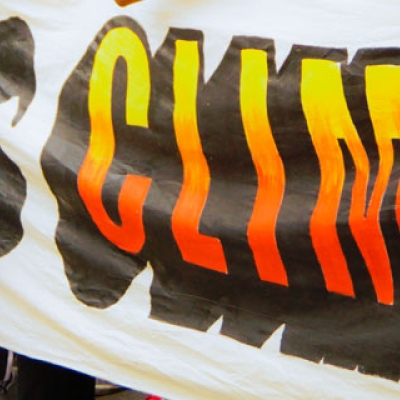The obvious questions provoke the obvious answers. From my reading of the literature over the last month, and from everything I have learned at Copenhagen, there can be no doubt that the scientific consensus on climate change is consistent and overwhelming. So it leaves us with a quandary. All of these researchers, across a half dozen academic disciplines, are either right or they are terribly wrong.










